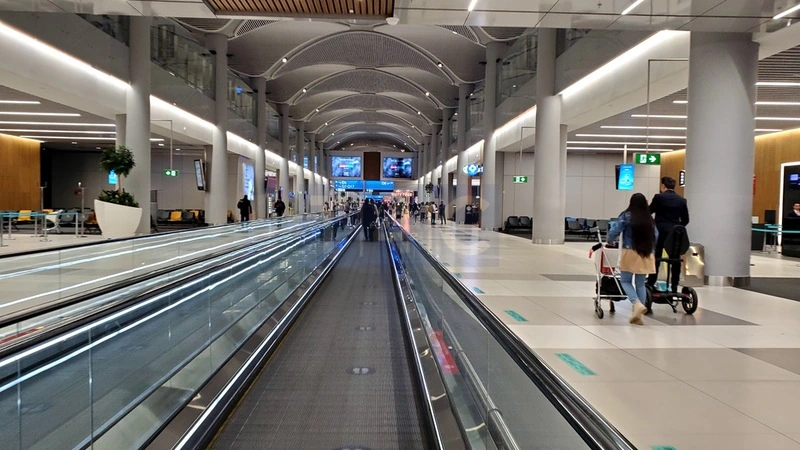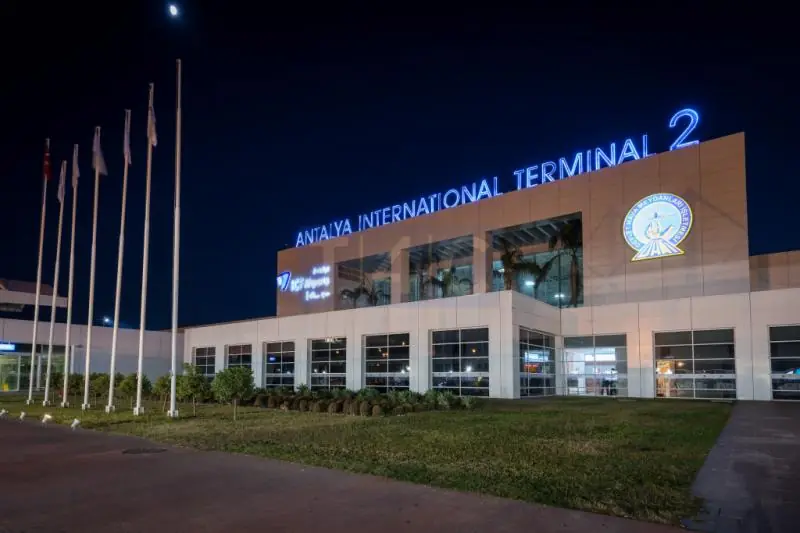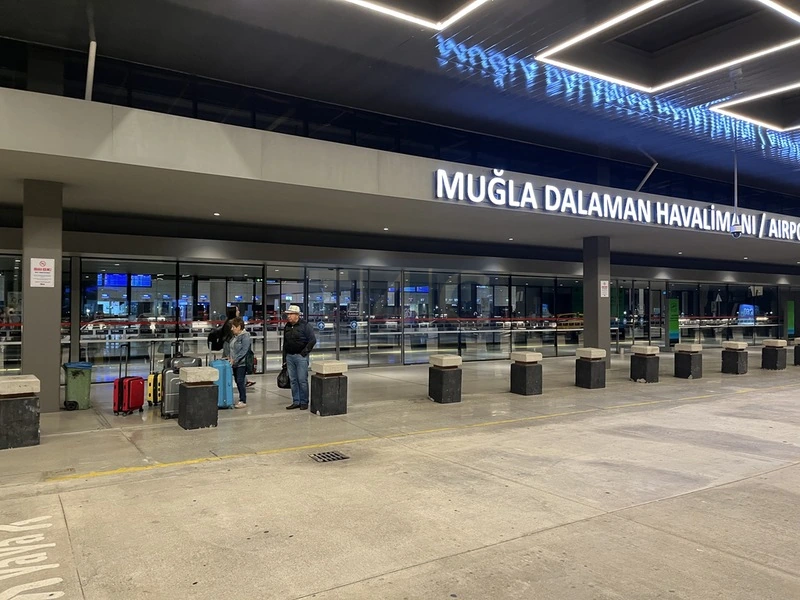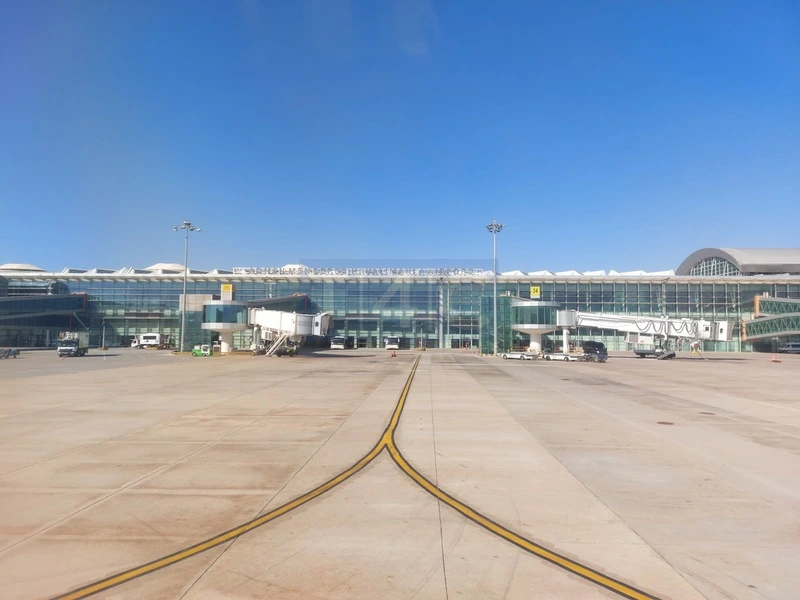Updates on Airport Expansion and Improvements in Turkey
Turkey has been making significant strides in enhancing its airport infrastructure, with a focus on expansion and modernization to accommodate the increasing number of international travelers. The Turkish government has committed substantial investments to upgrade existing airports and construct new ones, ensuring that the country remains a key hub for global air travel. Major airports like Istanbul Airport are undergoing continuous development, featuring state-of-the-art facilities, increased capacity, and improved passenger services. These updates not only enhance traveler experience but also boost tourism and the economy, reflecting Turkey's ambition to position itself as a leading aviation destination.
In recent years, Turkey has embarked on an ambitious program to expand and improve its airport facilities across the nation. With tourism and business travel on the rise, the Turkish government recognizes the need for efficient and modern airports to accommodate increasing passenger traffic. One of the most notable projects is the ongoing development of Istanbul Airport, which is poised to be one of the largest airports in the world once fully operational. The airport has already opened in phases, with a goal of reaching a capacity of over 200 million passengers annually. This expansion includes not only more runways and terminals but also enhanced services such as shopping, dining, and lounges that cater to the needs of travelers. Other airports in Turkey are also seeing upgrades; for instance, Antalya Airport, known for its role in tourism, is expanding its terminals and improving its facilities to handle the influx of international visitors. Similarly, airports in cities like Izmir, Ankara, and Bodrum are being modernized to meet international standards, which includes improved security measures, faster immigration processes, and better connectivity with city transport systems. These expansions are not limited to just building larger terminals but also involve implementing advanced technologies such as biometric systems and automated check-in kiosks to streamline the travel experience. The goal is to reduce wait times and enhance overall efficiency, making air travel in Turkey a seamless experience. As these improvements unfold, they are likely to have a positive ripple effect on the economy, creating jobs within the aviation sector and boosting related industries such as hospitality and transportation. The Turkish government is optimistic that these airport expansions will position Turkey as a central hub for international travel, linking Europe, Asia, and beyond. Travelers can expect improved access and service as a result of these developments, making Turkey not only a destination worth visiting but also a convenient gateway for those traveling to other regions. With continued investment and commitment to quality, Turkey's airport infrastructure is set to evolve significantly in the coming years, making air travel more efficient and enjoyable for all.















